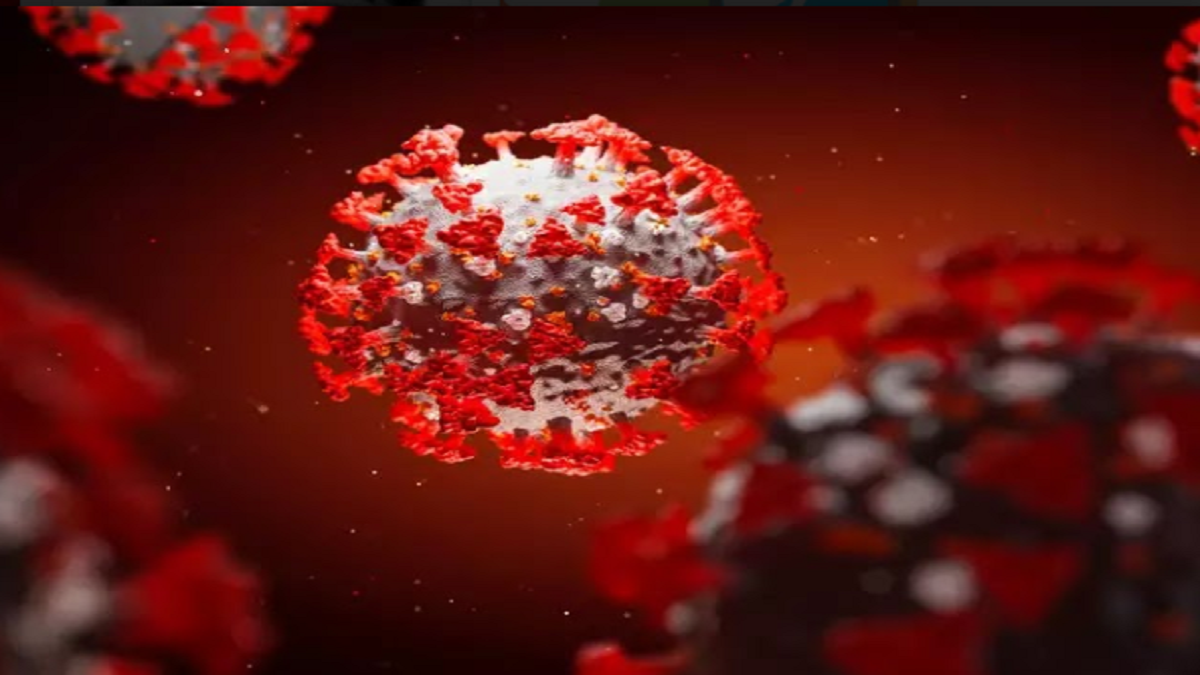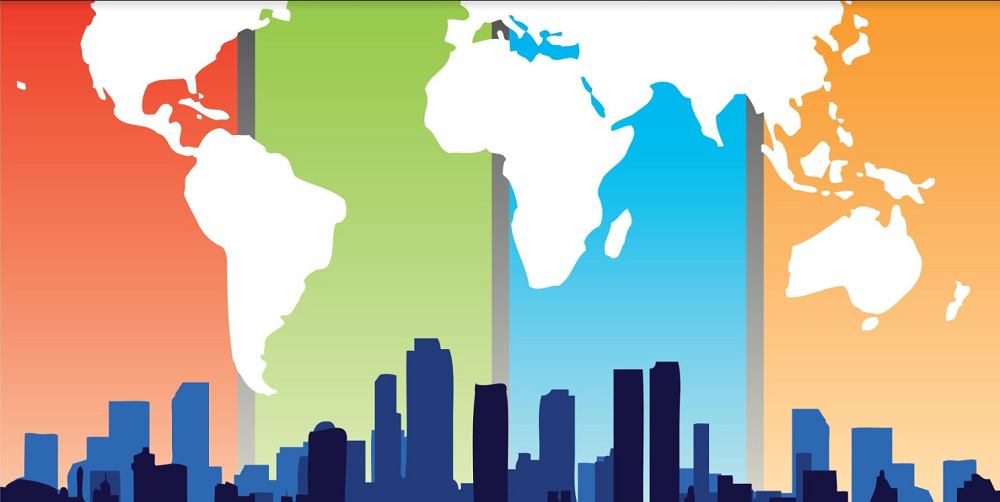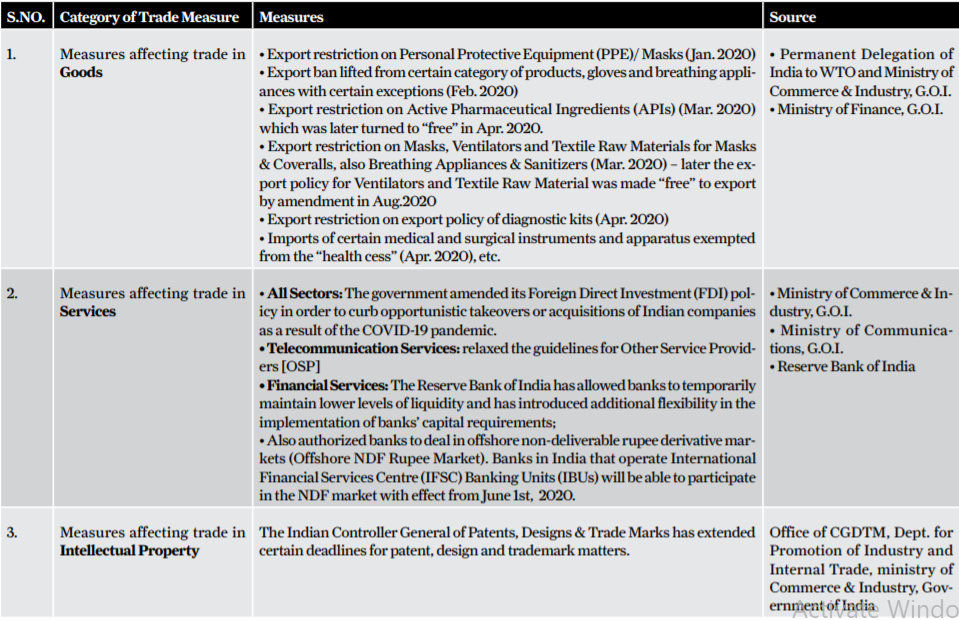
In the 1960’s, a Canadian Media Theorist Marshall McLuhan coined the the term “global village” at the advent of the globalization era to signify the newly found interconnectedness in the world order in all spheres of life – law, trade, media, societies, politics etc. Since then the world has increasingly proven to live up to the earned status of a “global village” by every passing decade. The beginning of 2020 marked a strenuous period for our global village and therefore we found all nations of the world enduring the COVID-19 pandemic along with the hindrances it brought – one amongst the perilous waves being the jolt suffered by the trade and trading systems all across the world.
The World Trade Organisation (the ‘WTO’) with its current tally of membership being over 160 memberstates epitomizes the ‘multilateral trading system’ prevalent in the current world trading order (also commonly known as ‘multilateralism’). The WTO wears many hats to smoothly coordinate their intergovernmental organisation – it plays the role of a regulator, a facilitator, a negotiator, an adjudicator among the primary roles – to keep the fundamental principles of the multilateral trading system alive and with the purpose to open trade with benefits for all (famously known as “liberalization”).

India is one of the founding signatories and members of the World Trade Organisation (the WTO) since January 1st, 1995. There are three globally recognized trading systems in the world – multilateralism (i.e. majorly all world nations form a part of it); regionalism (i.e. a few nations come together to enhance relations in spheres that include trade); domestic trading (i.e. a nation’s intra trading or to an extent bilateral trading). India is a part of all three types of trading systems aforementioned. India has a robust system of bilateral trading agreements with various nations, it has associations for regional trade agreements with ASEAN (Association of South East Asian Nations), E.U. (European Union), SAARC (South Asian Association for Regional Cooperation), BRICS (Brazil, Russia, India, China and South Africa), etc. and India actively vocalizes at the WTO representing itself in the multilateral trading order at the common international forum. It is observed that India is a believer of multi-alignment in the aspect of international trade as it fosters relations with majorly all the leading world trade nations of the world either via international system not directly under the WTO’s multilateralism or with all member-states of WTO by the virtue of owning the status of being the member-state of WTO itself.

COVID-19 hit the global economy along with the global health – after the repercussions started surfacing, the WTO in a Press Release of April 2020 (i.e. Press/855 Press Release) stated that the “world trade is expected to fall by between 13% and 32% in 2020 as the COVID-19 pandemic disrupts normal economic activity and life around the world.” The WTO Director-General, Roberto Azevedo said, “the unavoidable declines in trade and output will have painful consequences for households and businesses, on top of the human suffering caused by the disease itself.” The WTO Deputy Director General, Alan Wolff stated in May 2020, “The WTO has also alerted members to the effects of the pandemic and the responses to it, by issuing a Trade Forecast. Due to the direct effects of the pandemic, depressing both supply and demand, as well as to a much lesser extent trade measures, the WTO has projected that global trade will decline by 13% to 32% this year” as aforementioned. Thus, two paths were predicted – (i) optimistic, where the WTO economists believed that the trade will surely decline but not more than 13% and (ii) pessimistic, where they believed that this decline could set history by being the worstcase scenario to hit decline in trade for 32% or more. Thereafter, a comparison was also drawn between the 2008 global financial crisis and the economic shock of COVID-19 pandemic. By way of WTO’s Press Release of June 2020 (i.e. Press/ 858 Press Release) stated that the “world trade fell sharply in the first half of the year, as the COVID-19 pandemic upended the global economy. However, rapid government responses helped temper the contraction, and WTO economists now believe that while trade volumes will register a steep decline in 2020, they are unlikely to reach the worst-case scenario projected in April [press/ 855 press release].”
On July 30th, 2020 via a Joint Ministerial Statement [WT/GC/212/Rev.2], 48 member-states of the WTO came together to release a joint statement titled – ‘Statement on COVID-19 and the Multilateral Trading System by Ministers Responsible for the WTO’ – the said joint statement was a nine-pointer statement acknowledging the health crisis brought on by COVID-19 yet trying to “actively work to ensure the continued flow of vital medical supplies and other essential goods and services across borders during this health crisis”; thereby supporting the resumption of WTO activities as soon as possible to ensure a predictable, transparent, non-discriminatory and open global trading system will be essential for broad-based, sustainable economic recovery. These 48 member-states included United Kingdom, New Zealand, Australia, Norway, Nepal and many others when they “strongly reaffirm[ed] our support for the rules-based multilateral trading system and the central role of the WTO. We will continue to act in a manner consistent with our WTO rights and obligations. We will refrain from raising new unjustified barriers to investment or to trade in goods and services”. The United States of America and India were not part of this Joint Ministerial Statement.
Intra-India COVID-19 Response: As we venture into the “new normal” with Covid-19, we face several challenges, despite the ‘Atma-Nirbhar Bharat Abhiyan Package’ being implemented, the service sector has been barely mentioned in the package. The service sector has too received a major blow due to the pandemic; this is due to the fact that sectors like tourism, aviation etc. have seen major blows during this time as there were several restrictions imposed on them. The fact that these sectors to a major extent are inter-connected has led to furtherance of the decline in the service sector. Despite some current relaxations on travel bans etc., there need to be certain incentives which could be provided to boost this sector. One such example is the fact that several countries are offering major discounts on travel whereby the stay or food is either heavily discounted or in some cases even provided for free. Even though the Indian Economy has taken a huge hit during Covid-19, it is predicted that the Indian Economy will soon rebound and will grow by 6.7% in the next financial year according to a report by IHS Markit. Covid-19 brought along with it several restrictions not only on day to day life but on other aspects such as international trade which has led to the biggest crisis in the country since 1991 and 2008 financial and economic crisis. Alongside the COVID-19, the realization of the importance of self-sufficiency and selfreliance ushered in which was incorporated by the Central Government in the Atma-Nirbhar Bharat Abhiyan, a package which was launched by the government with the aim to combat the effects of COVID-19.
India’s Stance on International Platforms: The Commerce and Industry Minister of India, Shri. Piyush Goyal in the 8th East Asia Economic Ministers’ Meeting held in late August 2020 clarified at the international level that “Atmanirbhar Bharat initiative does not mean a protectionist India” in the terms of world trade and talked about India’s vision towards ‘Acting East’ as well as its willingness to collaborate and cooperate with ASEAN with the aim of reducing the impact of Covid-19, it was went on to assure that India with the aim of ensuring fair and transparent trade is a strong supporter of the restoration of the appellate dispute resolution body of the World Trade Organization.
There were several international trade measures taken by India in response to the COVID-19 crisis – One of the most important trade measure was the “export restriction” (with some exceptions) on the export policy of “Hydroxychloroquine” in March 2020 which was then turned into an “export prohibition” in April 2020 and subsequently the said export policy’s status was changed to “free” from prohibition and restriction in June 2020 – some other significant submissions of the same were recorded by the WTO – a brief of which is presented herewith:
Currently, the world is occupied enduring the blow faced by the global health and economy due to the COVID-19 pandemic. However, the world leaders are also busy devising policy mechanisms to confront the blow and speed up the process of recovery in the post COVID-19 world. The WTO Deputy General said, “These numbers are ugly [decline in trade prediction numbers] – there is no getting around that. But a rapid, vigorous rebound is possible. Decisions taken now will determine the future shape of the recovery and global growth prospects. We need to lay the foundations for a strong, sustained and socially inclusive recovery. Trade will be an important ingredient here, along with fiscal and monetary policy. Keeping markets open and predictable, as well as fostering a more generally favourable business environment, will be critical to spur the renewed investment we will need. And if countries work together, we will see a much faster recovery than if each country acts alone.”
‘United, we stand. Divided, we fall’
In times like these, the world faces the test of endurance and the safest key is to stand united in the face of adversity. This is the test of of the international community and the answer to this is concerted effort in the areas production and trade by aligning all (i.e. fiscal, monetary and trade) policies in the same direction of recovery of the international trade – therefore the most secure way of ensuring the best interests of all nations is to unite multilaterally at an international platform i.e. World Trade Organisation (the WTO).